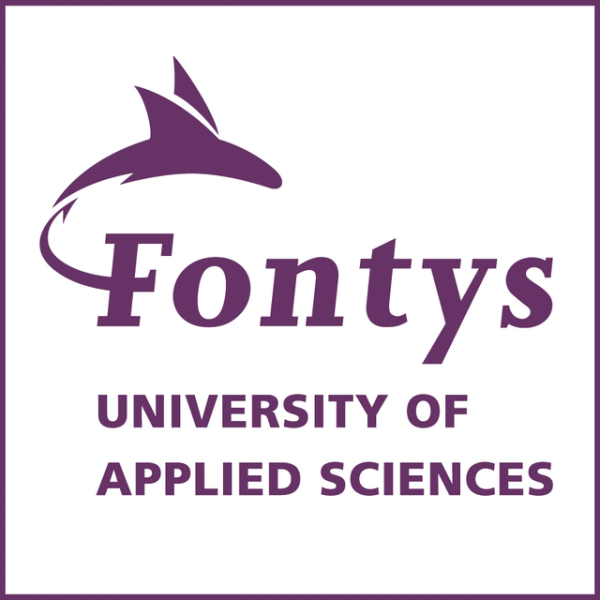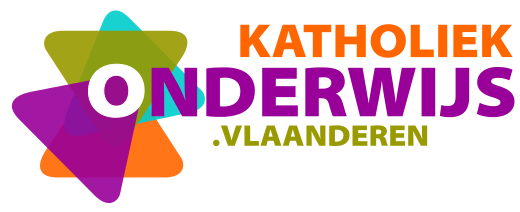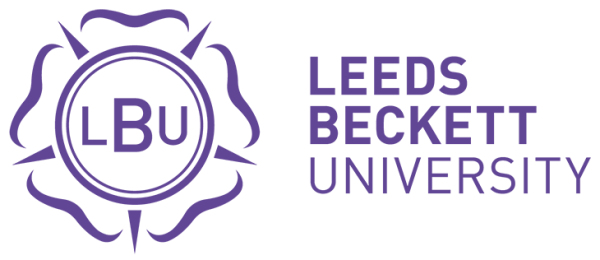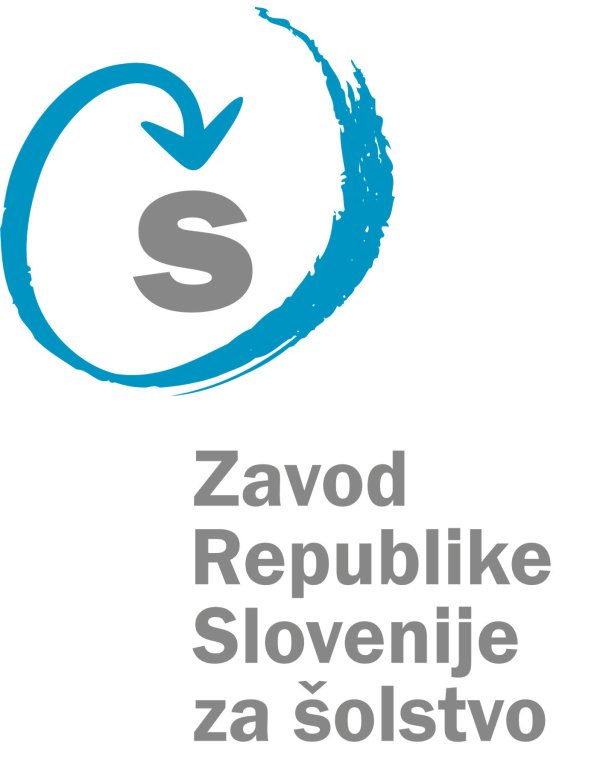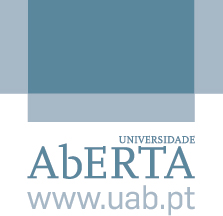Evaluation
secondary school, mathematics teacher, 20 years of work experience.
Dilemma/Difficulty
I found online assessment for maths really difficult. In the beginning, I asked students to upload everything they prepared, but that was really not sustainable. That way I tried to check if they had done the work on the one hand and if they had done it well on the other. It was a way of formative assessment and seeing where adjustments needed to be made, but unstoppable.
When I wanted to evaluate whether students had really understood, I found it difficult to trust that this had been completed in an honest way. You never know whether a pupil is lying with his book next to him or has stuck all kinds of post-its with 'reminders'. I think the digital world is not yet ready for those evaluations.
In what ways did you respond to this dilemma/difficulty?
I have experimented with bookwidges, but even with those you don't know if they have any cheat sheets or book with them while filling them out. When we were in the situation where students were partly allowed to go to school and partly attended classes at home, I only evaluated at the moment they were in class. Of course, there were still students who had to remain in quarantine during the exams, for example. These students had to come online in smartschoollife and film themselves with their mobile phone while filling in the exam and a teacher had to keep an eye on a few (maximum 3) students on different screens. The exam itself was in PDF or bookwidges.
What are the implications for teaching, learning and my understanding of the role of a teacher?
In terms of evaluation, I think this is still best done in a physical setting. In terms of normal teaching, I do think that the digital aspect can be an added value at certain times. For example, during heavy storms or snow, it should be possible for students and teachers not to have to go on the road and to follow lessons or teach from home.
In the classroom itself, we can sometimes make things easier for ourselves and the pupils by bringing the digital world inside. For example, using my writing tablet to write schedule on the board, save it and be able to continue working on it the next lesson. But also being able to share it with the pupils, so that they can use it at home when they are studying. When you use OneNote, you are even able to speak text to your board schedule. Also students who have missed a lesson, can quickly see what they have missed than...
Keywords: Writing tablet, evaluation, formative, process, bookwidges, camera, fair


